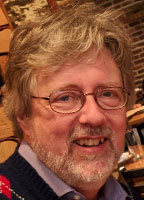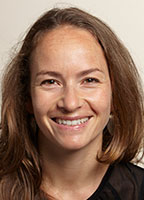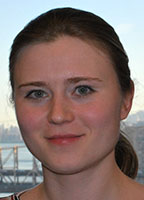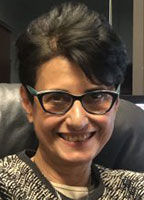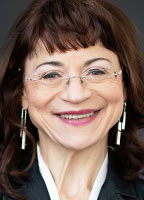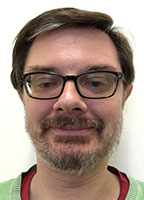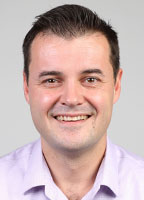Stem cell research emerged from the field of developmental biology. These two areas are inextricably linked and together pose major questions for researchers.
A central question in biology is how the zygote (the primordial stem cell) gives rise to all other cells of the organism. Our researchers work to learn how progenitor cells of specific lineages are “set aside” as the future adult stem cells that are the basis of tissue homeostasis and regeneration. Similarly, we are exploring how processes employed during development are called back into play during regeneration and repair following injury. Finally, our scientists are looking into the differentiation of pluripotent cells to specific lineages and cell types, based on knowledge of the biological strategies underlying normal development of those cells.
Investigators at the Black Family Stem Cell Institute address these fundamental mechanisms and exploit their discoveries to further regenerative medicine in areas such as reproductive biology, homeostasis, and regeneration of specific tissue and organ systems (e.g., skin, cardiovascular, muscle), as well as the relationship between stem cells and degenerative diseases.
Investigators with a major focus in stem cells in development include:
